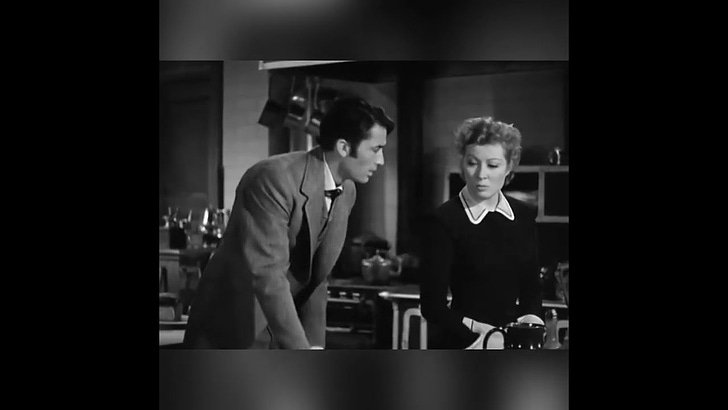It’s been a long time since the members of either major American party have paid attention to men who make things in the great factories of the world. When I was born, Detroit was a muscular city, the fifth largest in the nation, turning out cars and trucks by millions. Where would you look for tires and rubber, if not to Akron? And Pittsburgh, the c…
Keep reading with a 7-day free trial
Subscribe to Word & Song by Anthony Esolen to keep reading this post and get 7 days of free access to the full post archives.



